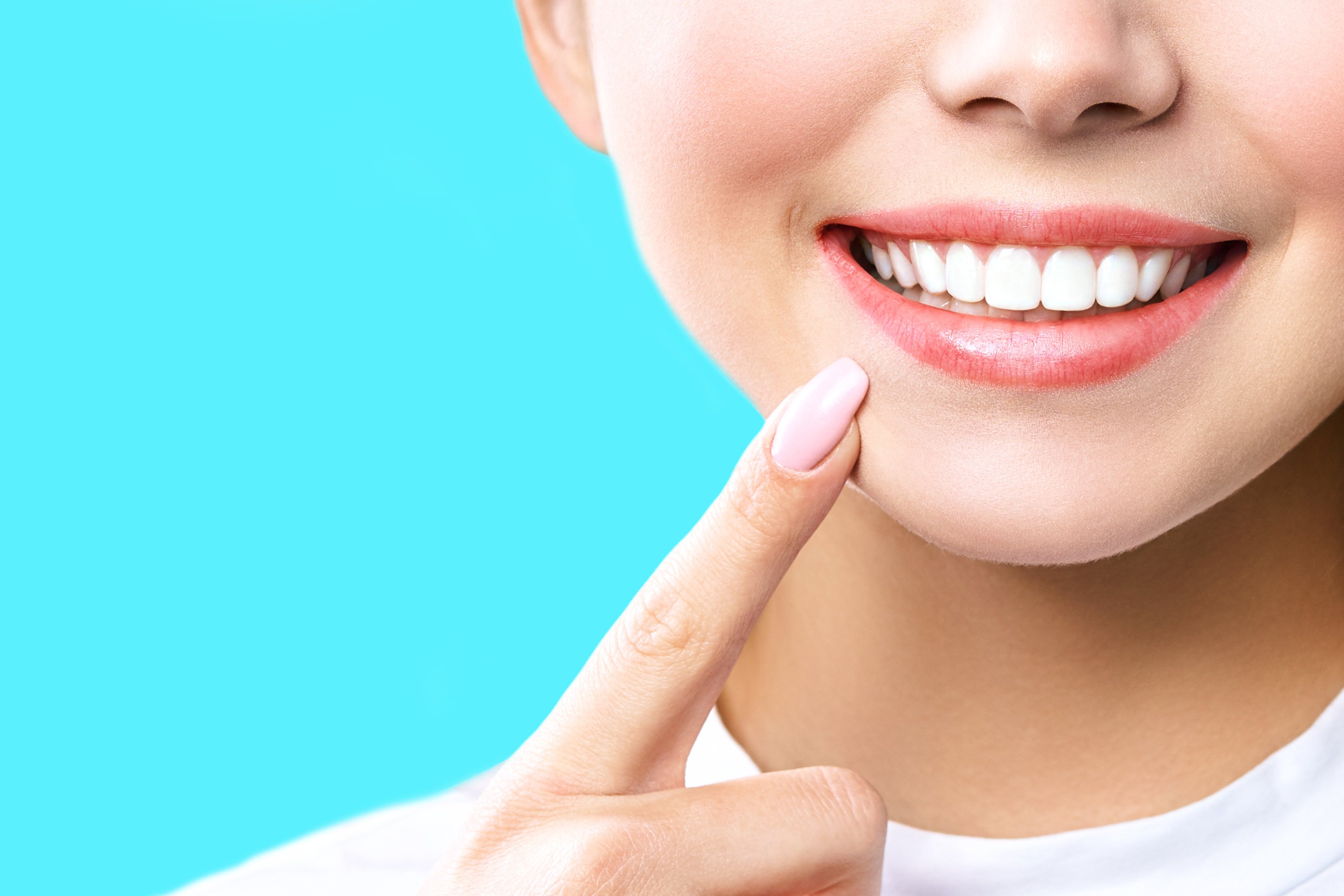How Stress & Anxiety Can Damage Your Teeth

Summarize with AI
Most Americans deal with a small degree of stress or anxiety on a day-to-day basis. The current coronavirus pandemic has elevated stress levels for many Americans. Recurrent emotional stress not only negatively impacts your overall health, but also the health of your teeth and gums.
Stress-Related Oral Problems:
Responses to stress can have an adverse effect on your oral health. Keep reading to learn more about six stress-related oral health conditions.
- Teeth Grinding Teeth grinding, or bruxism, can be triggered by emotional stress. Patients who suffer from bruxism may unconsciously clench and grind their teeth at night, leading to tooth sensitivity, damaged teeth, chronic jaw or facial pain, and headaches. To prevent damage, your dentist may recommend wearing a nightguard to protect your teeth while you sleep.
- Nail-Biting Nail-biting is a common reaction to stressful situations. However, this habit can transfer germs from your nails to your mouth, leading to bacterial or viral infections. Nail biting can also move your teeth out of alignment and damage your teeth.
- Canker Sores Canker sores are often formed by trauma such as biting your cheek or overzealous brushing. However, painful mouth ulcers can also develop inside the mouth during times of high stress. If you develop a canker sore, your dentist may prescribe a cream or gel to relieve the pain.
- Burning Mouth Syndrome Burning mouth syndrome causes a dry, hot, burning sensation in the inside of your mouth. While burning mouth syndrome has many causes, stress and anxiety can play a role in its development. Left untreated, this painful disease can damage your gums and teeth.
- TMD Disorders Temporomandibular disorders refer to conditions that affect the jaw joint and its associated muscles. Stressful situations can aggravate TMD disorders by causing your jaw muscles to repeatedly clench. Clenching or grinding your teeth can result in stiffness, swelling, and pain in your lower jaw.
- Gum Disease Chronic stress plays a significant role in the development of periodontal disease by weakening your body’s ability to fight infections. Chronic stress can also enable periodontal infections to worsen, leading to decayed teeth, bad breath, and bleeding gums.
How to Reduce Stress:
To protect your overall health and oral health, practicing lowering your stress and anxiety using the following tips.
- Eat Well Maintain a well-balanced diet to keep your body fueled properly. This will make it easier for your body to keep stress levels low.
- Work Out Regularly Work out regularly to release “happy hormones” that lower your overall stress levels.
- Get Enough Sleep Rest for 7 to 8 hours of sleep per night to keep your body relaxed and replenished.
Final Word:
Problems with your teeth, mouth, gums, and jaw can have a major impact on your stress and anxiety levels. To prevent stress from affecting your dental hygiene routine, continue to brush twice a day, floss every day, and visit your dentist twice a year for a routine oral exam. During your regular dental examination and cleaning, your dentist will be able to detect oral symptoms of stress. He or she can also discuss with you healthy ways to deal with stress and offer you tools to help safeguard your oral health. Need an immediate consultation? Our dental team is ready to help. Please give us call.
.png)

